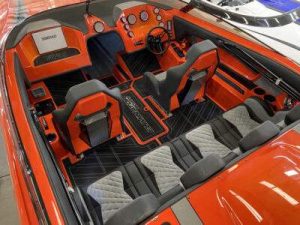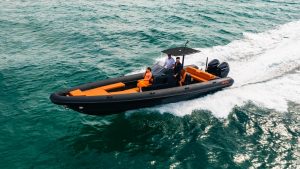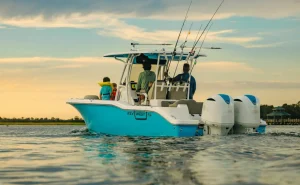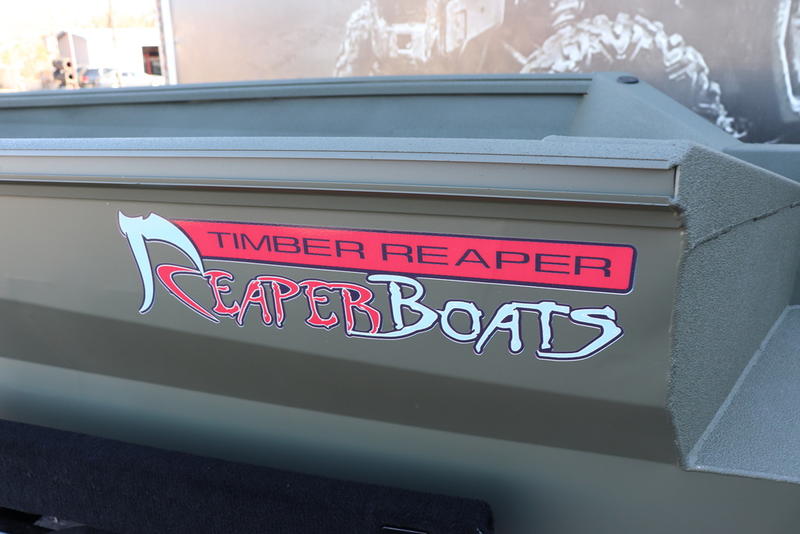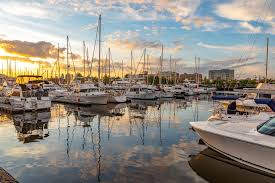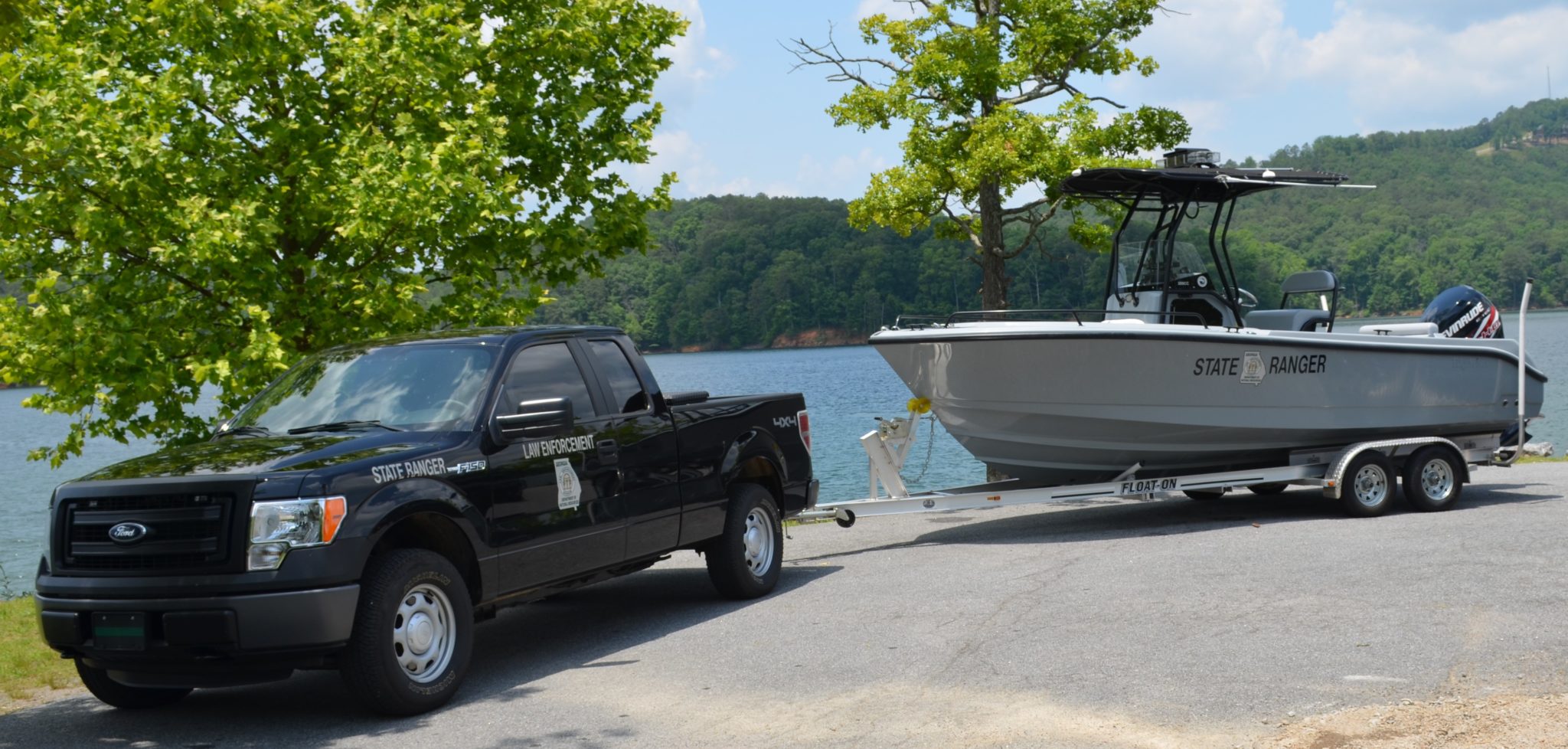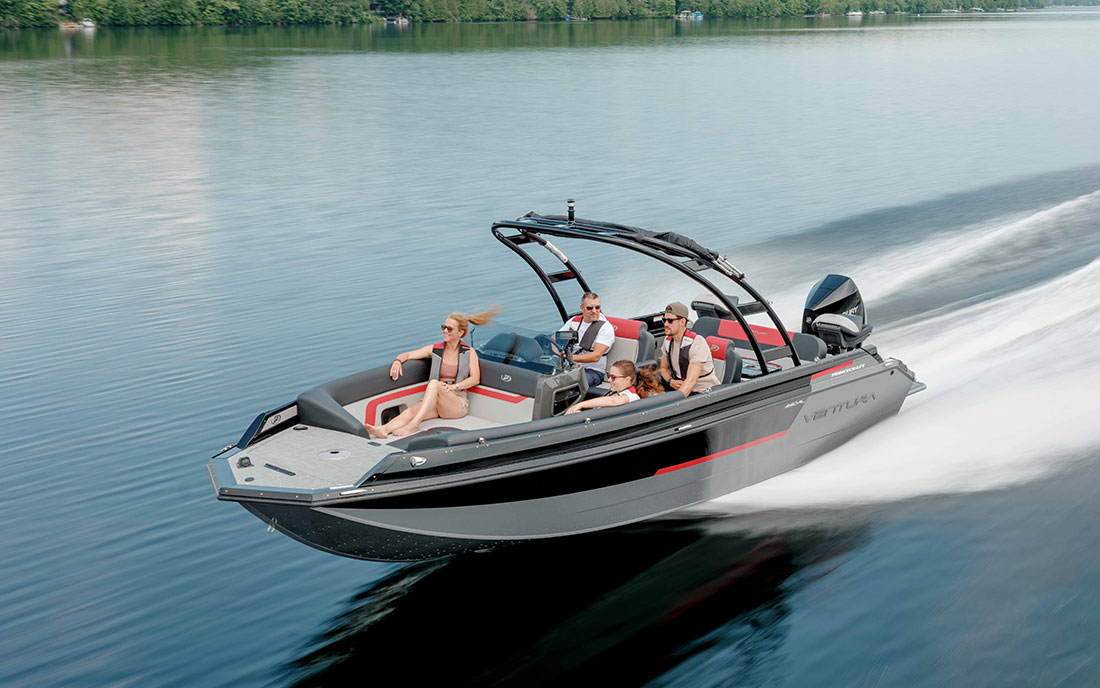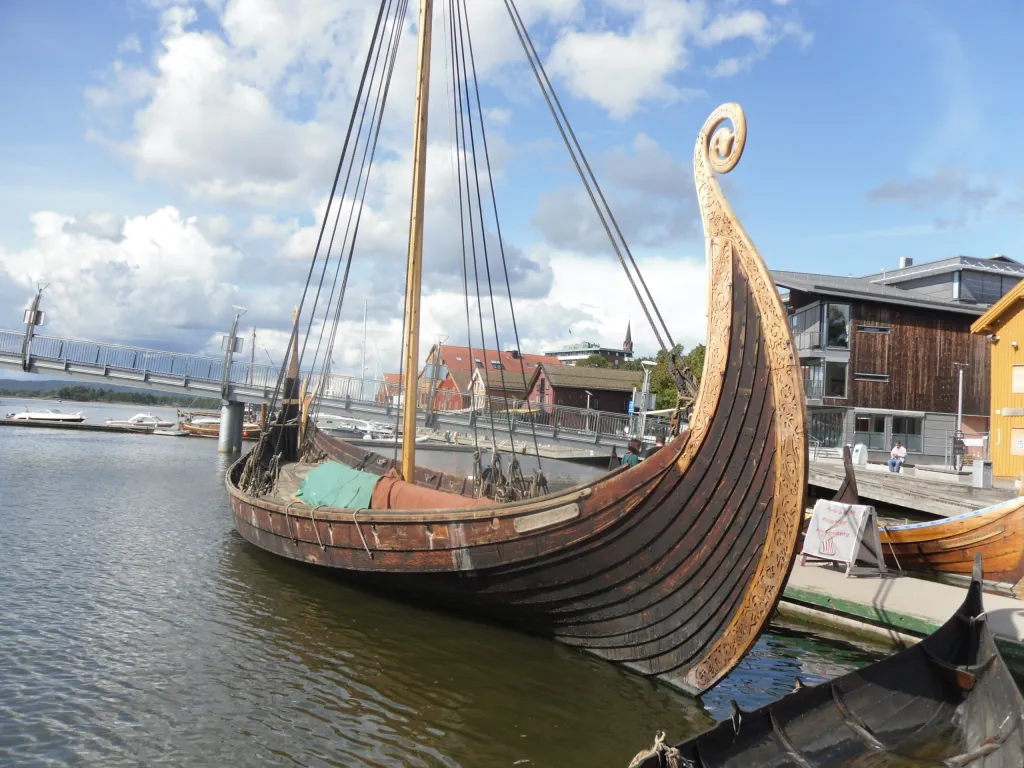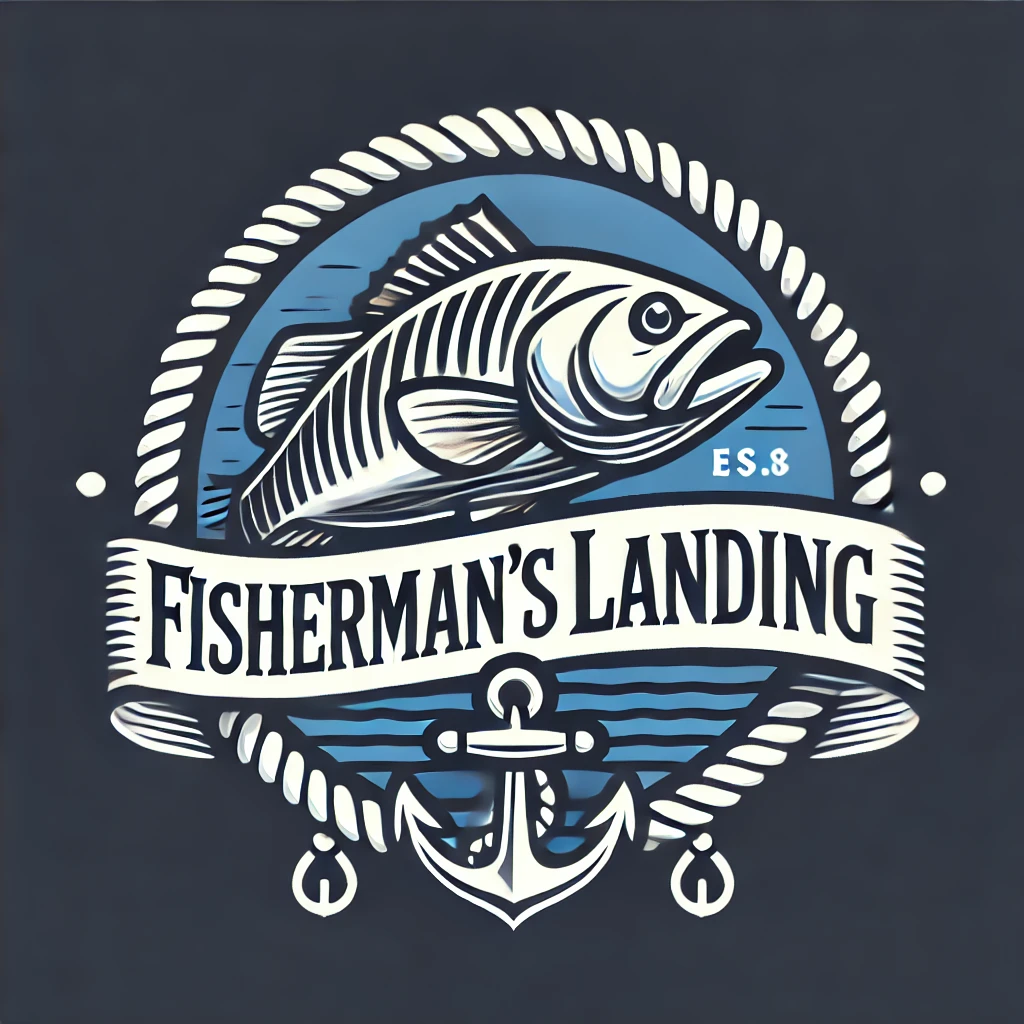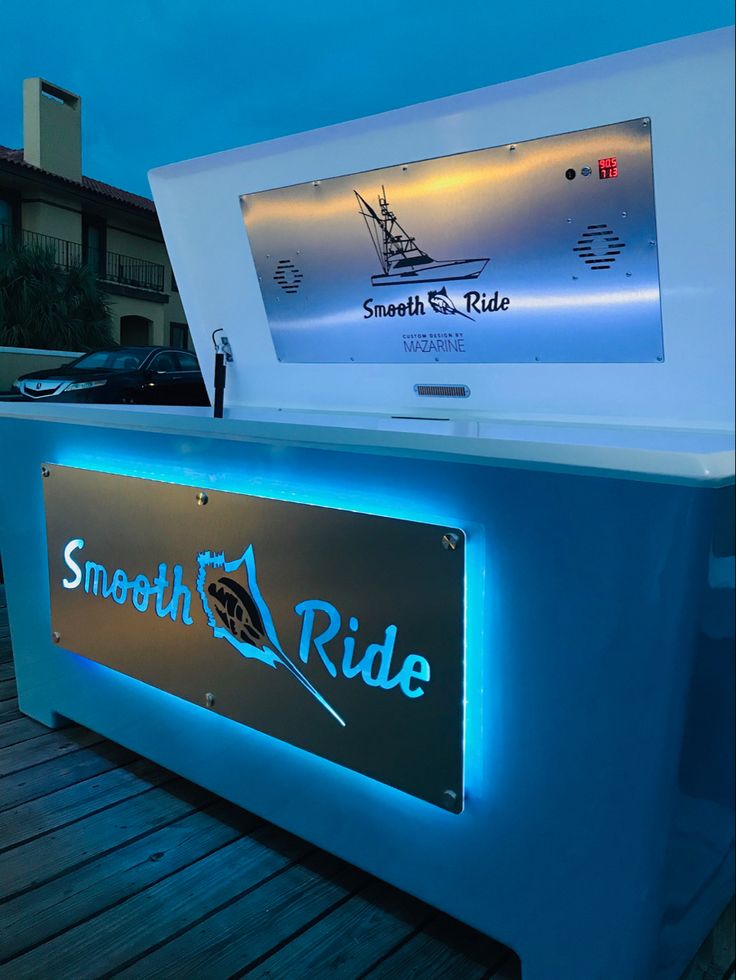Freshwater Fishing Boats
Fishing Boat Essentials: A Comprehensive Guide
Fishing boats have long been a staple for both recreational and professional anglers. They come in a variety of shapes, sizes, and materials, suitable for different water bodies and specific types of fishing. From versatile aluminum and fiberglass boats to specialized bass boats and powerful deep-Vs, finding the perfect fishing boat can be a challenge. Understanding the various aspects and characteristics of these vessels is crucial to making an informed decision.
In order to appreciate the true potential and practicality of fishing boats, one must take into account their performance and capabilities. Factors such as boat size, speed, stability, and storage capacity play significant roles in determining the ideal fishing boat for an angler's unique needs. Additionally, a comprehensive understanding of the different types of fishing boats available in the market can help potential buyers make the best choice while navigating the vast sea of options.
Key Takeaways
- Fishing boats come in diverse designs suited for various fishing needs and water bodies.
- Performance and capabilities must be considered when choosing the perfect fishing boat.
- A thorough understanding of the different fishing boat types will facilitate the decision-making process.
Understanding Fishing Boats
Types of Fishing Boats
There are various types of fishing boats, each designed for a specific purpose. Bass boats are designed for freshwater fishing and are usually equipped with outboard motors, trolling motors, and casting decks. Bay boats, on the other hand, are designed for inshore saltwater fishing and feature center consoles for easy maneuverability. Aluminum fishing boats, such as Tracker boats and Jon boats, are popular for their durability, performance, and affordability, making them suitable for freshwater fishing in areas like Texas and walleye fisheries.
Some other common fishing boat types include:
- Outboard boats: These boats are powered by outboard engines and are known for their speed and efficiency.
- Aluminum fishing boats: Lightweight and durable, these boats are ideal for different fishing conditions.
- Center console boats: With their central control station, these boats offer 360-degree fishability and are popular among saltwater anglers.
Factors to Consider when Choosing a Fishing Boat
When choosing a fishing boat, there are several factors to consider. These include:
- Purpose: Determine your primary fishing activities and locations, whether freshwater, saltwater, or both, as this will narrow down your options.
- Size and capacity: Consider your storage space, transportation, and the number of people you'll be fishing with to determine the appropriate boat size.
- Performance and durability: Look for excellent water performance, fuel-efficiency, and build quality in a fishing boat. Aluminum fishing boats are known for their durability.
- Fishability: Features like rod holders, bait wells, trolling motors, and casting decks enhance your overall fishing experience. Be sure to check specifications suited for the type of fishing you'll be doing.
- Budget: Fishing boats can range from affordable entry-level options, like Jon boats, to high-end models. Set a realistic budget based on your needs and preferences.
In conclusion, understanding the types of fishing boats and the factors to consider will help you make an informed decision when choosing the perfect fishing boat for your needs.
Practical Aspects of Fishing Boats
Maintenance and Durability
A crucial aspect of owning a fishing boat is ensuring its maintenance and durability. Fishing boats are typically constructed with materials such as aluminum, fiberglass, and rotomolded plastic, which offer varying levels of durability and longevity. Aluminum boats are often preferred for their lightweight and corrosion-resistant properties, while fiberglass boats are known for their strength and adaptability in various fishing conditions. Rotomolded plastic is commonly employed in smaller boats, as an economical and lightweight alternative.
Regular care, including cleaning and inspecting your boat's exterior and hardware, will help to counteract the effects of corrosion, wear, and even damage from marine life or floating debris. Choose a vessel with a high-quality paint job, as the color can play a vital role in maintaining the boat's appearance and protecting it from the elements.
Electronics and Enhancements
A well-equipped fishing boat should have a range of electronics to enhance your fishing experience and boost the boat's performance. Some essential electronics to consider include:
- Fishfinders: These devices use sonar technology to display the location and depth of fish, helping you target specific species in water.
- GPS/Chartplotters: A GPS system will guide your navigation and plot your course, ensuring safe and efficient travel.
- Marine radios: These communication devices allow you to stay connected and updated on weather conditions, distress calls, and other essential information to keep you safe on the water.
- Marine stereos: If you enjoy listening to music or tuning into your favorite radio station while fishing, a marine stereo system is an excellent addition.
Modern fishing boats also offer a range of enhancements, such as additional rod holders or baitwells, to improve your angling skills. Outriggers can provide stability and increase your trolling efficiency, allowing you to cover a broader area for multiple fishing lines.
When choosing a fishing boat, consider the type of adventure you seek and select a vessel with suitable electronics and enhancements for your needs. Selecting the right features will enhance your overall fishing experience, while ensuring efficient and smooth sailing on the open waters.
Fishing Boat Performance and Capabilities
Speed and Stability
Fishing boat performance is vital for a successful day on the water, as it ensures you reach your preferred fishing location quickly and safely. Speed and stability are essential factors in a fishing boat's performance. Boats like the Caymas CX 19 offer impressive top speeds exceeding 70 mph, thanks to their 225-horsepower outboard engines, without experiencing chine walk, which contributes to a smooth and stable ride.
Some boats feature unique hull designs, such as the Mako Pro Skiff 17 CC with its "Advanced Inverted V" hull. This design smooths out choppy water while enhancing stability, allowing anglers to focus on the fishing experience.
Loading Capacity
Loading capacity is another crucial factor when considering fishing boat performance and capabilities. A boat must accommodate essential gear, equipment, and passengers while maintaining its optimal performance. Texas is known for its fantastic fishing opportunities, and boats that cater to the adventure-focused angler often have ample storage and loading capacity to support their needs.
For example, the Conch 27 was initially designed as an offshore outboard fishing boat that could handle commercial use. Conch now offers a range of models, including a 41-foot high-performance center console, which offers greater loading capacity and excellent fishability for adventurous anglers.
In summary, a fishing boat's performance and capabilities directly impact the angler's experience on the water. Speed and stability enable a swift and secure journey to the desired fishing locations, while ample loading capacity ensures all necessary gear and equipment are well-accommodated. These factors work together to provide a fantastic fishing adventure, regardless of the destination or target species.
Frequently Asked Questions
What are the key features of a good fishing boat?
A good fishing boat should have a stable and spacious deck, plenty of rod holders, and ample storage for tackle and other gear. It should also be built with durable materials and have a reliable engine with appropriate horsepower for the intended use. Depending on the type of fishing, a good fishing boat may also need a live well, fish finder, or trolling motor.
How much does a typical fishing boat cost?
The cost of a fishing boat can vary greatly depending on factors such as size, materials, features, and brand. Smaller freshwater fishing boats can be found for as little as $20,000, while larger offshore saltwater fishing boats can cost hundreds of thousands of dollars. There is a wide range of options in between, suitable for various budgets and fishing preferences.
Which brands produce the best fishing boats?
Some popular brands known for producing high-quality fishing boats include Tracker, Lund, Ranger, and Grady-White. Each brand offers a variety of models with different features and price points, catering to various fishing needs and preferences. It is essential to research and compare options to find the best choice for your specific needs and budget.
What types of fishing boats are available in the market?
There is a wide variety of fishing boats available in the market, including bass boats, center console boats, and walkaround boats. Bass boats are designed for freshwater fishing and feature low-profile hulls, high-powered engines, and specialized storage for tackle and rods. Center console boats typically have a single decking area with a console in the center, making them suitable for saltwater and freshwater fishing. Walkaround boats have a cabin and a walkaround deck, making them ideal for fishing in various weather conditions and overnight trips.
Where can I find used fishing boats for sale?
Used fishing boats can be found for sale through local boat dealerships, online classified websites, and on specialized boat sales websites. It is essential to inspect a used boat thoroughly, including looking at its hull integrity, engine, and other systems before purchasing. Additionally, consider asking the seller about the boat's maintenance history and usage to ensure you are getting a boat in good condition.
What should I consider when purchasing a fishing boat?
When purchasing a fishing boat, it's important to consider factors such as size, engine power, intended fishing locations, and the types of fish you are targeting. Also, consider the number of people who will typically be on board and what features are essential for your style of fishing. Think about the budget for the boat and any additional equipment that may be needed. Finally, don't forget to factor in ongoing costs such as maintenance, storage, and insurance.
Specifications
Featured Brands
All Brands for Freshwater Fishing Boats
- Alumacraft
- Arvor
- Avid
- Bass Tracker
- Bayliner
- Beneteau
- Bennington
- Boston Whaler
- Bulls Bay
- Caymas
- Crestliner
- Custom
- Duckworth
- Excel
- G3
- Grady
- Hewescraft
- Jeanneau
- Larson
- Linder
- Lowe
- Lund
- Mako
- MirroCraft
- Nitro
- Ocqueteau
- Phoenix
- Polar Kraft
- Pursuit
- Quicksilver
- Ranger
- Recon
- Rhea
- Robalo
- Scout
- Sea Hunt
- Sea Ray
- SeaArk
- Seaswirl Striper
- Skeeter
- Smoker Craft
- Starcraft
- Starweld
- Stratos
- Sun Tracker
- Sylvan
- Thor
- Thunder Jet
- Tracker
- Triton
- Tuffy
- Veer
- Vexus
- War Eagle
- Warrior
- Wellcraft
- Xpress
- Xtreme
- Yar
- Yarcraft
